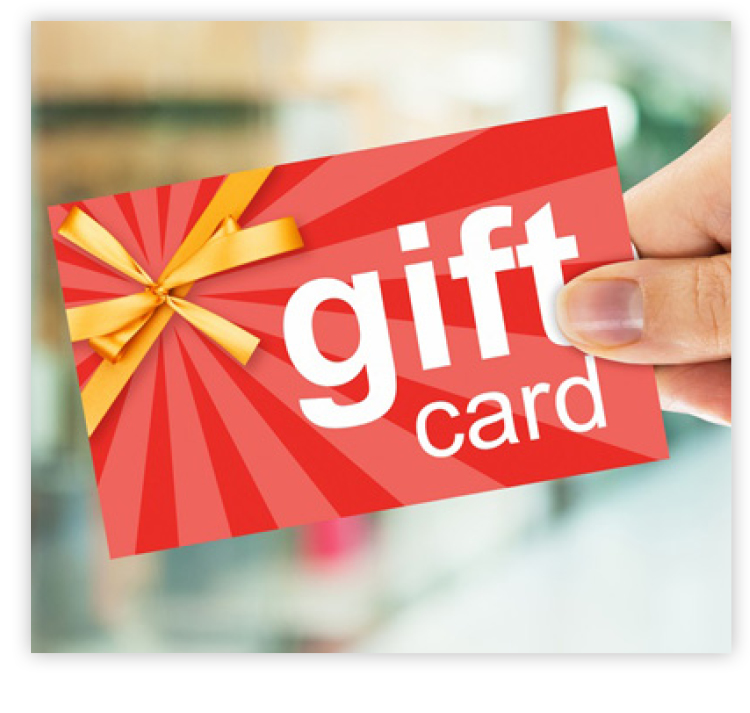
 |
|
 The word "free" gets people's attention and can cause them to act impulsively. Scammers take advantage of this weakness by sending bulk phishing emails that promise a free gift card if you provide personal information.
The word "free" gets people's attention and can cause them to act impulsively. Scammers take advantage of this weakness by sending bulk phishing emails that promise a free gift card if you provide personal information.
For example, scammers impersonate legitimate companies such as Amazon and say they'll send you a $200 gift card as a reward for being a loyal customer. Or they may announce you were randomly selected as the winner of the gift card prize. All you must do, according to the email, is provide your credit card information to cover a small "handling fee." If you provide the requested information, you'll likely see unwanted charges on your credit card account. The one thing you won't see is the gift card you were promised. To avoid becoming a victim, keep this old saying in mind: "There's no such thing as a free lunch." Companies usually don't give away something for nothing, especially through a bulk email. If you receive an email about a free gift card, look for indications the offer is bogus — misspellings, bad grammar, or a suspicious email address. Never give out personal financial information in response to an unsolicited email from an unverified source.
Trademarks: All brand names and product names used in here are trade names, service marks, trademarks or registered trademarks of their respective owners. Privacy Policy |